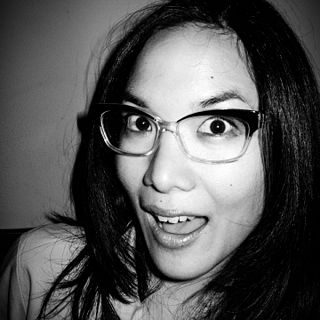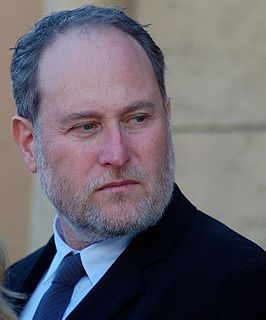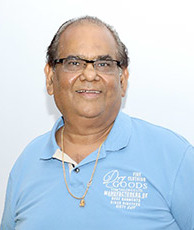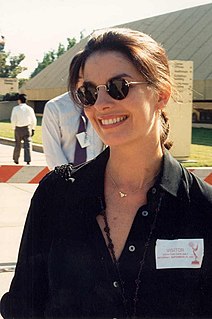A Quote by Cheryl Hines
Well, usually, when you're doing a sitcom, you get a script and every word or for the most part, is written. So, you know, if it's a 30-minute sitcom, then it's a 35-page script or something like that.
Related Quotes
The minute I know it's real to the minute we start shooting, I will work on the script, breaking it down and working on the character, doing as much research as I possibly can to the point where I feel like I eat, sleep and breathe it without looking at a page. Then I go in and try to forget all of it and just be there.
You know, my problem with most screenwriting is it is a blueprint. It's like they're afraid to write the damn thing. And I'm a writer. That's what I do. I want it to be written. I want it to work on the page first and foremost. So when I'm writing the script, I'm not thinking about the viewer watching the movie. I'm thinking about the reader reading the script.
We see only the script and not the paper on which the script is written. The paper is there, whether the script is on it or not. To those who look upon the script as real, you have to say that it is unreal - an illusion - since it rests upon the paper. The wise person looks upon both paper and script as one.




































